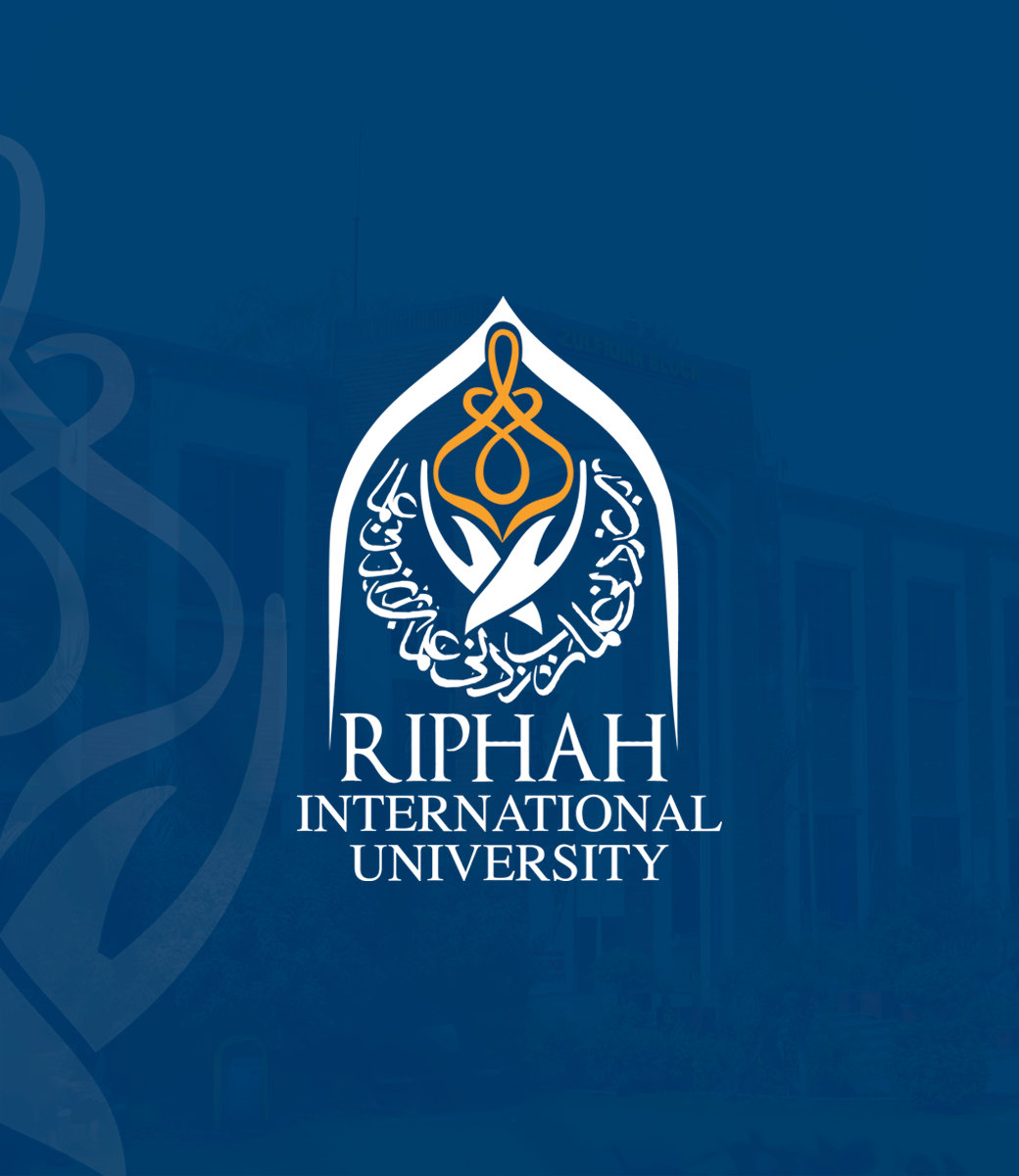
Dr. Ejaz Akhtar
Head of the Department
Message from HOD
Cardiac technology sits at the intersection of compassionate care and cutting-edge diagnostics. At the Department of Cardiology Technology, we prepare professionals who can perform non-invasive cardiac assessments with precision, think critically at the bedside, and collaborate effectively with the healthcare team to improve patient outcomes.
Assess Hearts. Elevate Care.
Our teaching blends scientific foundations with hands-on skill: ECG acquisition and interpretation, ambulatory monitoring, exercise stress testing, and familiarity with cardiac devices and electrophysiology concepts. We emphasize evidence-based practice, patient safety, confidentiality, and clear communication with patients, families, and clinicians.
About The Department
The department focuses on non-invasive cardiovascular diagnostics and technology-enabled care. Learners build strong grounding in cardiac anatomy, physiology, and pathophysiology; medical terminology; and cardiac pharmacology relevant to diagnostic procedures. Skills are developed through simulation labs, hospital-based practice, and mentored clinical exposure, ensuring graduates can translate knowledge into safe, reliable diagnostics.
Education here is team-focused and patient-centered. Students practice interprofessional coordination, documentation, quality assurance, and ethical conduct aligned with institutional and national standards. Partnerships with teaching hospitals and cardiac centers provide progressive clinical experiences and case discussions that strengthen judgement under pressure.
Departmental Training Outcomes
Graduates will be able to:
- competently perform core non-invasive tests (ECG, ambulatory monitoring, exercise tolerance testing) and operate cardiology equipment;
- understand principles of cardiac implantable devices and basic electrophysiology relevant to the non-invasive technologist’s role;
- apply cardiac anatomy, physiology, pathophysiology, and pharmacology to clinical decision-making;
- deliver safe, respectful, high-quality patient care while collaborating with multidisciplinary teams;
- maintain confidentiality and uphold ethical and professional standards in all clinical settings.



